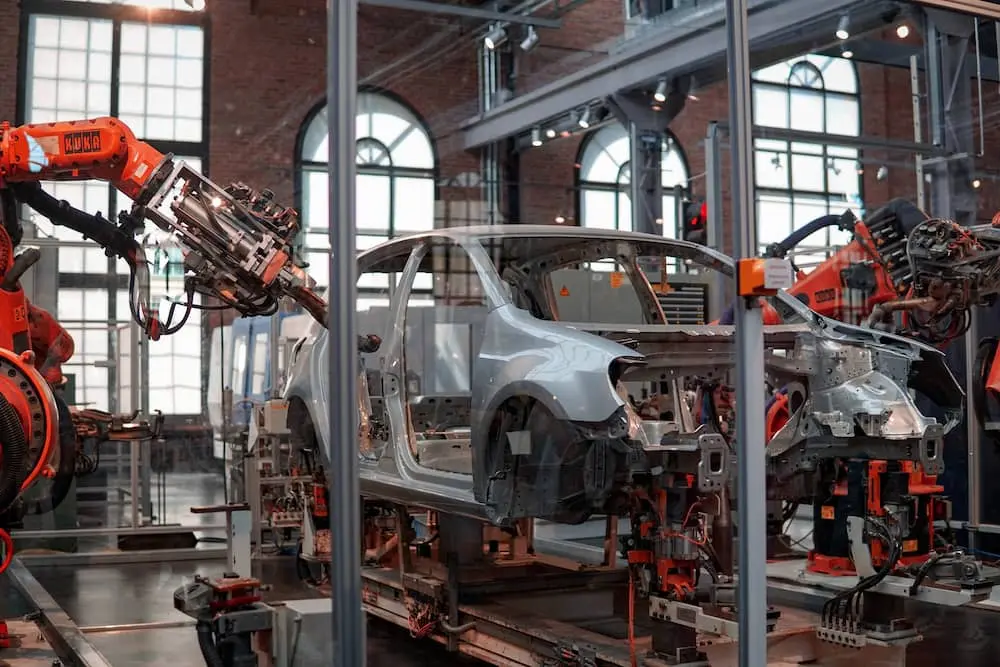One of the top questions we get asked by marketers is:
Will artificial intelligence take my job?
At Marketing AI Institute, we work under the assumption that at least 80% of what we do as marketers will be intelligently automated to some degree in the next five years. And that thought can be terrifying.
Does it mean AI will replace us?
Not necessarily.
The misconception is that AI is what we see in the movies—an all-knowing machine that can do everything. The reality is that it's nowhere near that.
AI can only do very specific tasks. It's trained to intelligently automate data-driven repetitive tasks. It's also trained to make predictions about outcomes and behaviors. And that's it. Though powerful, AI is extremely narrow in its focus.
Now, this is dangerous if your job is focused exclusively on a single data-driven repetitive task. If your only job is to A/B test email subject lines or do telemarketing, you're probably going to see your job disappear thanks to AI.
But the majority of marketers don't just do one thing. They do dozens of tasks. Their jobs comprise many functions. Overall, AI is going to automate a lot of narrow marketing tasks. But it's not going to lead to widespread job automation in marketing.
In fact, AI is likely to have a net positive impact on marketers.
AI can make your marketing job more fulfilling. It can make your career more rewarding. And it can do that by automating data-driven repetitive tasks you don't want to do or that you're not good at.
Here's an example:
Many marketers don't look forward to spending hours look at Google Analytics to find insights. It's important. But it's not why they get up in the morning. They have other talents. They care about different types of work. Crunching numbers isn't the most exciting part of their day. And they're not always good at it. Not to mention, machines can do it better than humans.
So, if you intelligently automate this function with AI, you create benefits for everyone.
Marketers get to do more work they find rewarding. Machines automate a task to be better and faster than it was before. Marketers avoid the frustration of constantly being asked to do things they don't like or aren't good at.
It's a win-win.
So, by automating narrow tasks, AI actually presents marketers with an opportunity. It's an opportunity to think differently about what's possible when you augment your capabilities with AI. It's an opportunity to find smarter technology to do your job in a smarter way.
And if you can do that, you'll differentiate yourself and open up new doors for your career moving forward.
Mike Kaput
Mike Kaput is the Chief Content Officer at SmarterX and a leading voice on the application of AI in business. He is the co-author of Marketing Artificial Intelligence and co-host of The Artificial Intelligence Show podcast.


